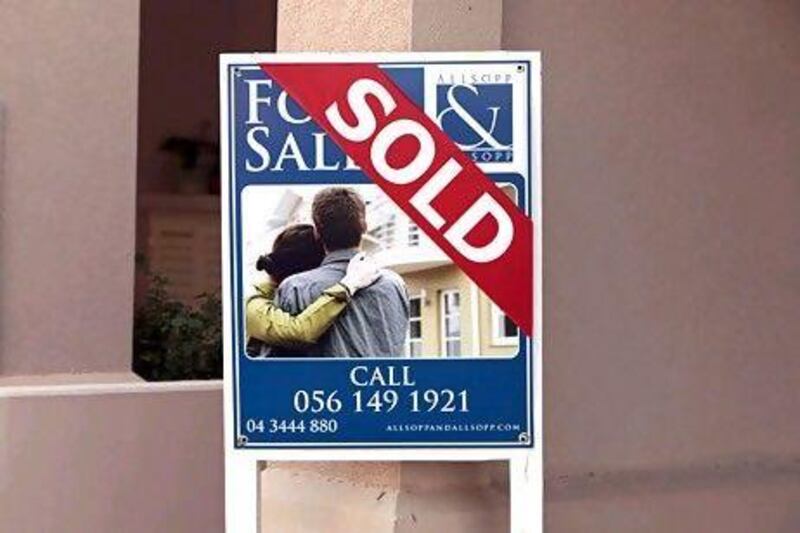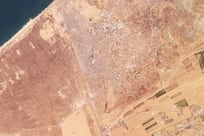1 Do your research
As with every investment, you need to do your research and study the market to ensure you purchase the best property you can, based on your requirements. Work out a budget and research what is available for that amount. Decide whether the property is an investment or a home. Are you looking for a place to live in or will it be purely as an investment that you will rent out to a tenant? There are different factors you will need to consider for both options. Location is the main factor if the property is to be rented, but you can be more flexible if you are buying it to live in, such as looking further out of town.
2 Compromise
If you can't afford the exact property that you would like, consider buying a smaller one to get yourself on the property ladder at a level you can afford. Then, assuming the property market continues to increase in value, your equity in the property will also increase. This means that the actual amount of the property owned by you rather than the bank (if you have a loan secured on the property) will have increased. If you sold the property, this would be your profit. During your ownership of the property, this is referred to as your equity. This is potentially a good strategy because it gets you into the property market and can make your money work harder for you, rather than leaving it to sit in a bank account.
3 Decide on your down payment
How much equity should you put as a down payment? If you can afford to buy with cash, then that is the best and most straightforward option for any purchase. This avoids any delay in the purchase, you can buy it when you want and at a price that you are happy to pay. It also avoids any costs related to arranging the debt and then servicing it. And if you ever wish to sell, you can do so very easily without any complications. If you are buying a property, I always recommend putting down the largest deposit that you can afford. Most people will find that this amount will be dictated by their lender as it will stipulate how much deposit you have to put down. But if you have excess funds, it is worthwhile putting down more. If you have 50 per cent available as a deposit, this will give you a lot more options as to who you can borrow from and will enable you to obtain a more competitive interest rate on your mortgage.
4 Have a back-up plan
The market in Dubai is currently buoyant, with lots of properties to consider purchasing. However, there are also other risks to this plan. What would you do if the property market fell in value? This would leave you with less funds to invest in the actual property you want and could make it difficult to sell, for instance, a studio apartment to buy another property.
5 Factor in the costs
There are a number of fees to consider, such as bank costs for any loans that you may need, the associated life assurance, the building and contents insurance, any real estate agent fees and property registration costs. I am sure there will be other costs as well, so it is vital that you allow for these in your contingency plans.
6 Shop around
It's a no-brainer, but shop around for the best mortgage rate and choose a loan that best suits your income and earning pattern. Buying a property over five years with big lump-sum instalments is quite popular here. If this doesn't work for you, look at a more traditional mortgage scheme.
7 Consider buying off-plan
This term refers to purchasing a property before it is built - but as with all property purchases, it is vital that you make sure the developer is a reputable one. You may have to wait for two or three years for the property to be completed, but they are often much cheaper than similar properties on the market that are ready to move into. And by the time the property is finished, its value should have increased, thus increasing your equity. Keep an eye out for advertisements for new developments. Property released in the first phase of a development is often the cheapest.
8 Stay up to date
Be familiar with the latest property regulations and laws in the country. Make sure your property is registered with the relevant authorities - and if you decide to rent it out, register it online with ejari.com.
James Thomas is the regional director of Acuma Independent Financial Advice





